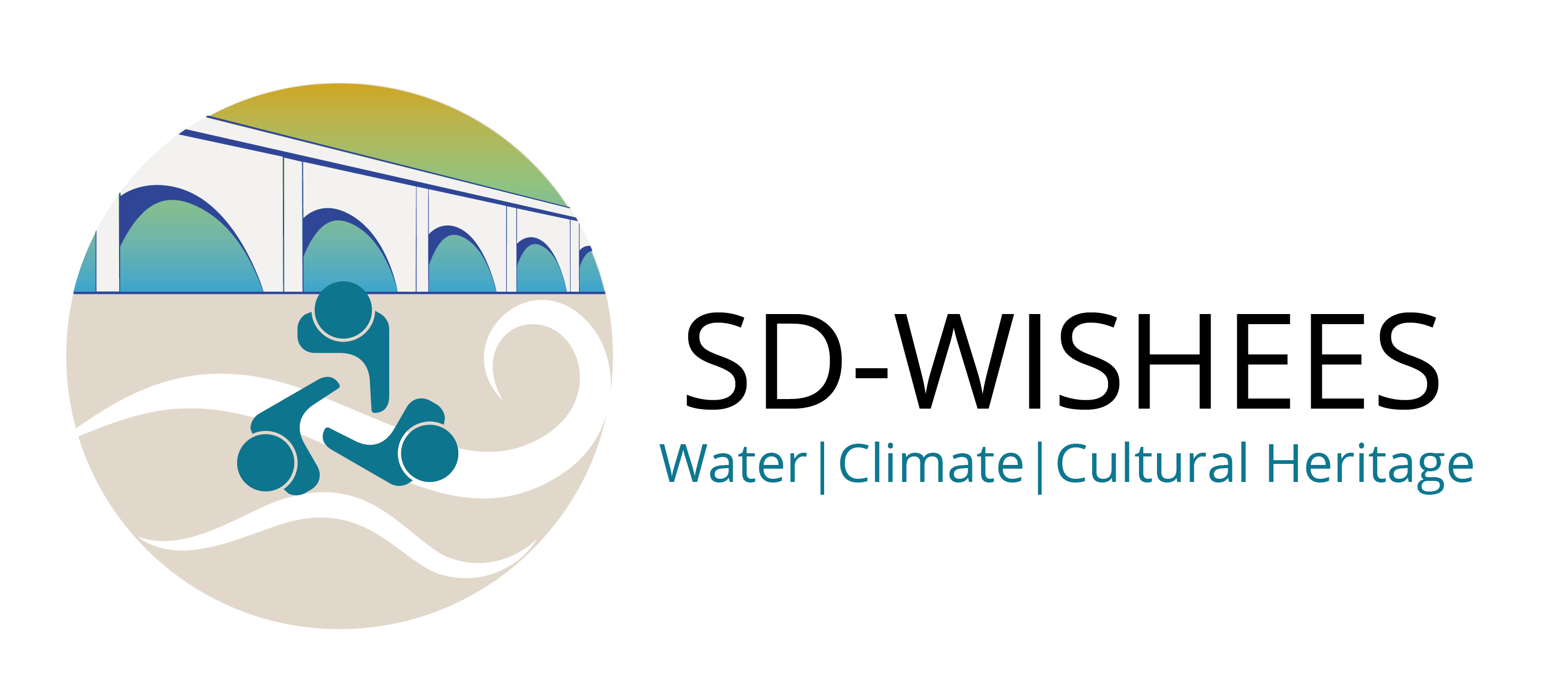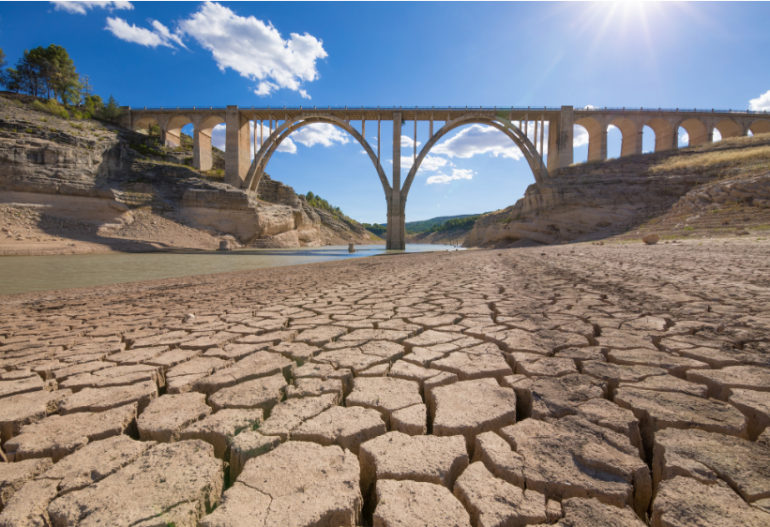The second Work Package (WP2) of the SD-WISHEES project aims to identify the main Research & Innovation (R&I) needs on the water-climate change-cultural heritage links within the European Research Area (ERA) and, therefore, drive the strategic planning of the collaboration across Europe and in widening countries, especially in the Balkans and Africa.
During the first year of project implementation, process documents were drafted through a consultative process with project partners. One of the process documents developed is a Stakeholder Engagement Guideline which has since been utilized to generate an initial list of 300 potential stakeholders. A draft stakeholder engagement plan has also been drafted, with an update of the engagement plan and stakeholder map expected during quarter one of 2024.
The stakeholders were grouped in 6 categories, namely, Government sector; Regional & EU-level organizations; Academia; NGO & civil society; Private sector; and Media & general public.
The focus of the stakeholder activities is mostly from academia, though stakeholders with a focus on policy, regulations or society are well represented as well. Stakeholders with a focus on Market are the minority.
Given the focus of the project on the involvement of widening partners, the geographical coverage of the stakeholder mapping was evaluated. Overall, Europe is covered fairly well. A large fraction of the stakeholders is in Southern Europe. Stakeholders in Western and Central-Eastern Europe (which includes here Georgia) have been mapped in a balanced way. From these European stakeholders, 226 members are in the European Union, 74 are non-EU members. On the other hand, the coverage of stakeholders in Africa is limited. In terms of the objective to reach widening countries, the representation of the Balkan countries (i.e. Albania, Bosnia and Herzegovina, Bulgaria, Croatia, Greece, Kosovo, Montenegro, North Macedonia, Romania, Serbia and Slovenia) is relatively small, especially considering the non-EU Balkan members. Africa and other regions (i.e. Georgia) are also not strongly represented.
In conclusion, we have made good progress in laying the groundwork for stakeholder engagement as envisioned in WP2. The current drafts shall be updated and improved in the second year of the project as we implement WP activities. Overall, the stakeholder mapping and engagement exercise is on track with more substantive outputs expected in 2024.




